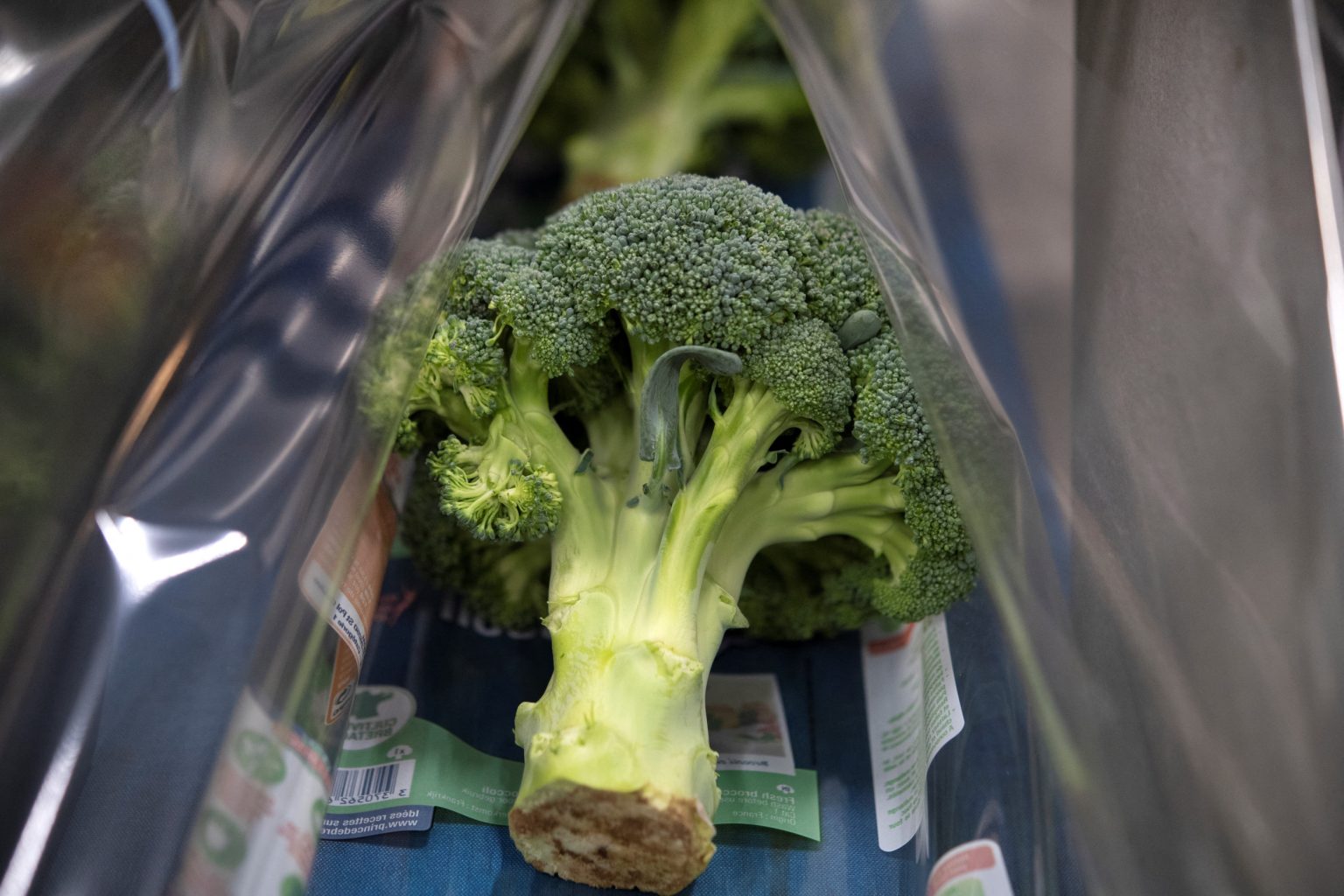Braga Fresh, a prominent produce distributor, has initiated a voluntary recall of its Marketside Broccoli Florets sold exclusively at Walmart stores across 20 states. The recall stems from concerns over potential contamination with Listeria monocytogenes, a bacterium that can pose serious health risks, particularly to vulnerable populations such as the elderly, young children, and individuals with compromised immune systems. The recalled product is specifically the 12-ounce bag of Marketside Broccoli Florets with a best-by date of December 10, 2024, bearing the UPC code "6 81131 32884 5" and lot code "BFFG327A6." While the product is no longer available for purchase, consumers are urged to check their freezers and discard any recalled broccoli they may have.
The recall affects Walmart stores in a wide geographical area spanning Alaska, Arizona, Arkansas, California, Colorado, Idaho, Illinois, Indiana, Kentucky, Louisiana, Michigan, Montana, Nevada, Ohio, Oklahoma, Oregon, Texas, Utah, Washington, and Wyoming. This extensive distribution underscores the importance of consumer awareness and prompt action to remove the potentially contaminated product from circulation. Braga Fresh has emphasized that this recall is limited solely to the specific Marketside Broccoli Florets product and does not extend to any other Marketside or Braga Fresh items. The company has also implemented proactive measures to communicate the recall details to consumers, including posting notices on the FDA website and their own communication channels.
Listeria monocytogenes infection, known as listeriosis, can manifest in two forms: a milder gastrointestinal illness and a more severe invasive illness. The gastrointestinal form typically presents with symptoms like diarrhea and vomiting within 24 hours of consuming contaminated food. The invasive form, however, can have a delayed onset of up to two weeks and involves more serious symptoms such as fever, muscle aches, headache, stiff neck, confusion, loss of balance, and seizures. This form of listeriosis can be life-threatening, with a mortality rate of approximately 5% in non-pregnant individuals. Pregnant women infected with listeria are particularly at risk, as the infection can lead to miscarriage, stillbirth, premature delivery, or severe infection in the newborn.
The Centers for Disease Control and Prevention (CDC) estimates that around 1,600 cases of listeriosis occur annually in the U.S., resulting in approximately 260 deaths. While the incidence of listeriosis is relatively low, its potential for severe consequences, especially for vulnerable groups, necessitates a serious approach to prevention and control. Food product recalls due to potential listeria contamination are a crucial part of this effort, aiming to swiftly remove potentially hazardous products from the market and prevent further infections. The proactive nature of Braga Fresh’s voluntary recall demonstrates a commitment to consumer safety and minimizing the risk of listeriosis.
Braga Fresh has taken proactive steps to inform the public and address concerns regarding the recall. They have issued public notices and provided contact information for consumers with questions or concerns. The company can be reached at 877-456-7445 between 8 a.m. and 4 p.m. Pacific Time, Monday through Friday, or via email at [email protected]. As of December 27th, no illnesses related to the recalled broccoli have been reported. This information is encouraging, but continued vigilance is crucial. Consumers are encouraged to thoroughly check their freezers and dispose of any recalled product.
The recall serves as a reminder of the importance of food safety practices and the potential risks associated with bacterial contamination. While foodborne illnesses are not always preventable, taking precautions such as properly storing and handling food, cooking food to safe internal temperatures, and promptly discarding recalled products can significantly reduce the risk of infection. The rapid response of Braga Fresh in initiating the recall and communicating with the public highlights the importance of collaboration between food producers, regulatory agencies, and consumers in maintaining a safe food supply chain. By working together, the risks associated with foodborne illnesses can be minimized, protecting public health and ensuring consumer confidence in the safety of their food.














